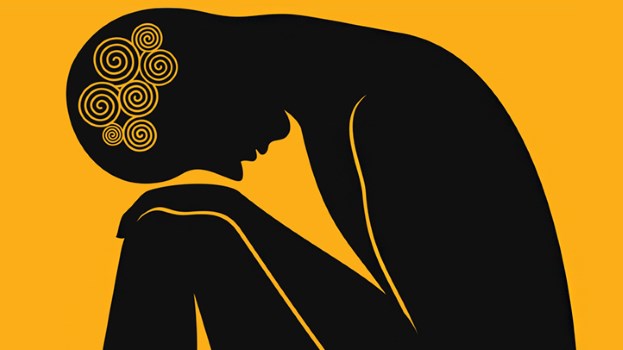How am I supposed to know if I’m experiencing normal anxiety, or have an anxiety disorder that requires treatment?
Around 40 million adults have an anxiety disorder in the United States. Anxiety disorders fall under 6 major types: generalized anxiety disorder, panic disorder, obsessive-compulsive disorder, phobia, social anxiety disorder, and post-traumatic stress disorder. Symptoms include feelings of apprehension or dread, irritability, trouble concentrating, sweating, shortness of breath, and pounding heart, just to name a few. The constant feeling of anxiety caused by an anxiety disorder can have a major negative impact on an individual’s work and personal lives if left untreated.
But we all experience anxiety now and again. How are you supposed to know if the anxiety you’re experiencing is perfectly normal anxiety, or an actual anxiety disorder?
There are actually some key differences between normal anxiety and anxiety caused by an anxiety disorder. One of these differences is how intense the anxiety is and how long the anxiety lasts. Imagine that you have an important presentation coming up. It is normal to feel anxious the night before the presentation, because you are worried about doing well and not embarrassing yourself in the process. What is not normal, and may indicate an anxiety disorder, is feeling extremely anxious for weeks before the presentation.
The intensity of the anxiety may also be an indicator. Normal anxiety will probably peak just before the presentation is set to begin, and will go away as the presentation continues and eventually finishes. Abnormal anxiety will be intense for a longer duration. It may cause you to have panic attacks, and you may experience other physical symptoms such as dizziness, racing heart, trembling, and nausea.
Anxiety disorder also causes anxiety that is not tied to a specific event or situation. Those who have an anxiety disorder often feel anxious for no reason at all; their anxiety cannot be traced to a specific event, task, or situation. With an anxiety disorder, an individual may continue to feel anxious even after the presentation is finished, even if they clearly did well.
Anxiety disorders can be extremely debilitating. Normal anxiety is usually fleeting. It goes away after a while. But anxiety related to an actual disorder is not fleeting. It is a chronic condition that causes an individual to feel anxious all the time. This can lead to the individual avoiding situations that may trigger their anxiety, such as missing class or work, avoiding plans with friends, and even refusing to leave the house altogether.
If I have a panic attack, do I have an anxiety disorder?
Not necessarily. While panic attacks can occur with an anxiety disorder, other disorders can cause them as well, such as hypoglycemia and hyperthyroidism. Again, the frequency of panic attacks might indicate an anxiety disorder. If you have panic attacks frequently that cannot be connected to a pre-existing condition, then you may want to approach your doctor about a possible diagnosis of an anxiety disorder.
What do I do if I think I have an anxiety disorder?
National Mental Health America offers a free, anonymous, online screening for anxiety here. If you’re concerned that you may have an anxiety disorder, the results of the screening will indicate whether that’s possible.
You can also bring your concerns up with your doctor or a mental health professional. They will be able to determine if further testing is needed and what kind of treatment may be appropriate for you and your lifestyle.
Want to learn more?
Visit the links below to learn more about anxiety disorders.
About Anxiety Disorders and Anxiety Attacks
About Anxiety – from National Mental Health America


Leave A Comment